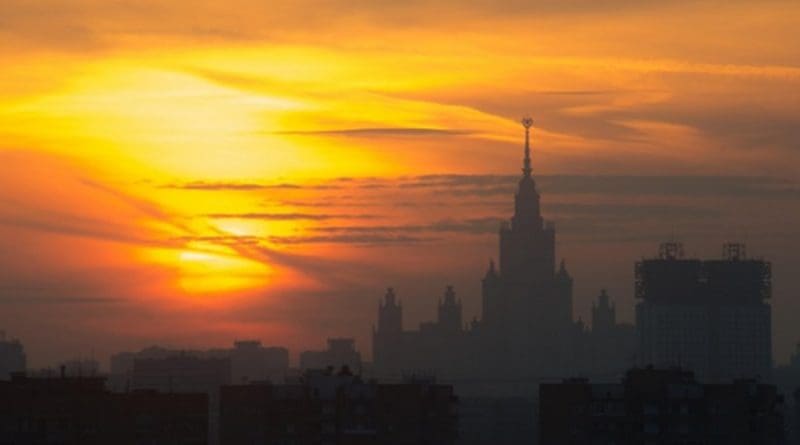Russia’s Ten Most Orthodox, Ten Most Muslim And Ten Most Pagan Cities – OpEd
By Paul Goble
Sociologists at Moscow’s Finance University surveyed residents of all Russian cities with populations greater than 250,000 to determine the level of “penetration of Orthodox culture in the lives” of such people. But the survey also identified where Islam and paganism are having an impact.
Specifically, the scholars asked Russian urban residents how much they were interested in or involved with religious practices. That allowed them to rank the cities in terms of their interest in Russian Orthodoxy, Islam, and paganism (sreda.org/2016/sotsiologi-opredelili-samyie-pravoslavnyie-i-samyie-musulmanskie-goroda-rossii/279875).
Using this measure, the scholars ranked the ten “most Orthodox” cities of the country. They are Lipetsk, Kursk, Saransk, Moscow, Belgorod, Voronezh, Tambov, Ryazan, Ulyanovsk and Kaluga. The ten “most Muslim” cities are Makhachkala, Grozny, Kazan, Naberezhny Chelny, Ufa, Sterlitamak, Stavropol, Astrakhan, Nizhnevartovsk, and Rostov-na-Donu.
The ten cities with the most interest in pagan and neo-pagan religions, including ancient Russian and pre-Christian faiths, the sociologists report, are Komsomolsk-na-Amure, Stavropol, Belgorod, Magnitogorsk, Sterlitamak, Lipetsk, Kostroma, Novorossiisk, Taganrog, and Tula.
Several cities are on more than one list. Muscovites display a high interest in both Orthodoxy and Islam. Residents of Lipetsk, Kaluga, Kursk, Belgorod, and Tambov show high interest in both Orthodoxy and neo-paganism. And residents of Stavropol, Simferopol, Nizhny Novgorod, and Magnitogorsk show high levels of interest in Islam and neo-paganism.
The only Russian city to be near the top on all three lists is Ulyanovsk.
These patterns may prove more important than one might think. On the one hand, the findings in some cases simply reflect the number of followers of each of these three faiths. But on the other, they may reflect a heightened interest in and thus a greater potential for conflict among these various religious trends.

